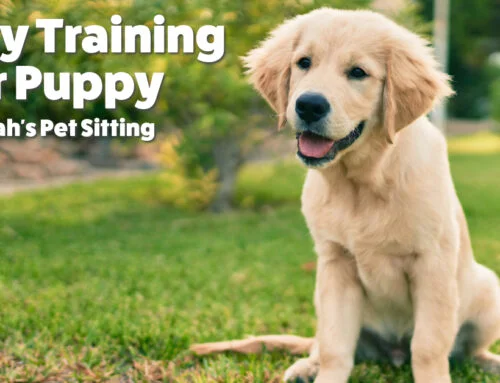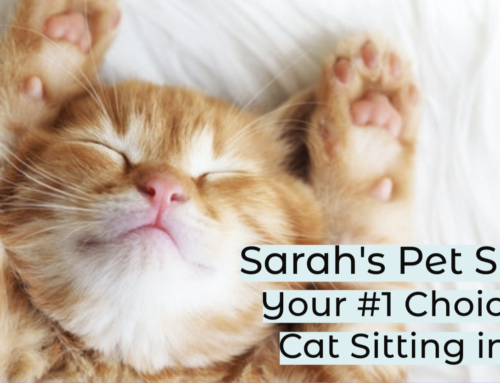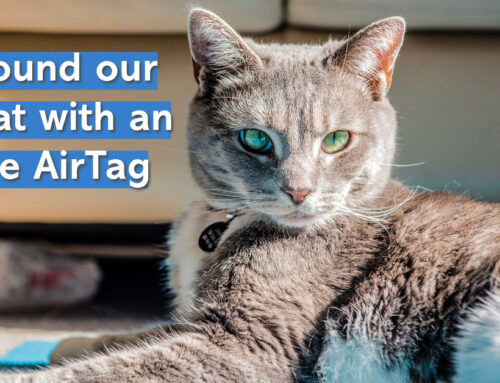
The concept to feed your pet a diet based on fact and research seems simple enough. However I’ve found that the way people choose to feed their pets seems to be more closely related to emotion and psychology. Overall people do very little research and choose a pet diet based on a single recommendation, or TV marketing.
As a pet sitting business owner I’ve learned to tip toe around making recommendations on pet diet change. It seems that even when people are presented with fact & research it can be a very difficult process to change the ways they feed their pets. Clients will often seek advice, but then not make any change. It seems very difficult for many to except that they have been feeding their beloved pets a low quality food. So difficult, that they cling to certain ideas that are not supported by facts.
“My Pet needs to have food available all the time or they will be hungry” “My pet will eat when they are ready, I will not force my pet to eat” “My pet needs to eat dry food to keep his teeth clean” “Bones and raw meat are dangerous” “Purina is an excellent dog food brand I saw it on their commercial” “My vet recommended this food so that’s what we feed” “My pet gets sick when he eats any other food” “My pet will not eat a different food” “My pet with bother me if we feed in meals” “My pet is hungry all the time if we feed in meals” “I don’t know why my pet is over weight, they get plenty of exercise”
The above are a few of the many, misconceptions and excuses common from pet owners feeding poor quality diets to their pets, feeding WAY too much food, & free feeding their pets. Meanwhile the pets are sick and suffering. Pet owners just can’t seem to grasp the essential correlation between a healthy diet and the good health and well being of their pet. Often they are unequipped to identify what might be a healthy species appropriate diet for their pets.
Now I’ve realized that as pet professionals we need be sensitive to the emotions behind how & what people feed their pets. It’s very well known that human relationships with food and how we feed ourselves have very emotional and psychological connections. The same goes for how people choose to feed their pets. I hope some of you in the Psychology field will share your comments
Now my call to action….
Pet Professionals, many of us have very strong opinions about pet foods & diets. DO NOT PUSH them on your clients. You may risk loosing them, loosing the opportunity to help them make a change for the better. It’s not realistic for someone free feeding Beneful to switch to homemade raw. We need to suggest baby steps. Point owners towards excellent sources of information so they can choose and make the changes that are best for their family & pets.
For pet owners, please research your pets’ food. There is no one ideal food and any one who tells you must feed this or you must feed this, is just plain wrong. YOU and only you can decide on the best food for your pets’ health, your budget, and the needed level of convenience. I suggest that you put on your “work mind” and turn off your “emotional mind.” Look for non-biased research. If Hill’s research says that Hill’s food is proven to be great, consider that this is because they paid for the research that proved it. Don’t be afraid to question authority. A good first step is to visit Dog Food Advisor and check the rating on your pet food.
I truly believe that the majority of pet owners want to give their pets the best possible diet and quality of life. It’s not going to fall into your lap and there is no easy solution. You’ll have to do the work in order to feed your pets with facts, rather than emotion.








